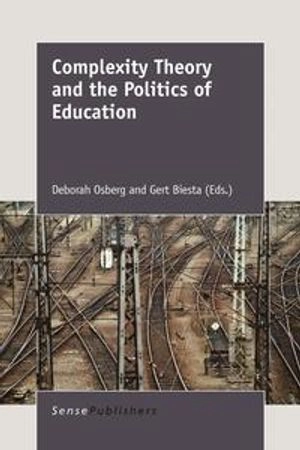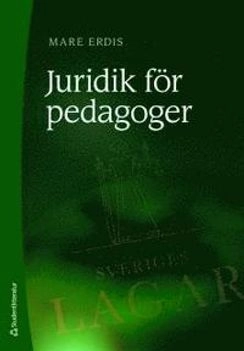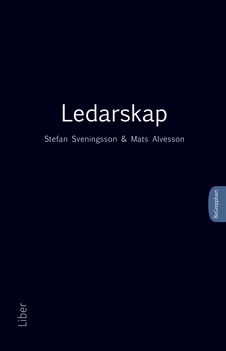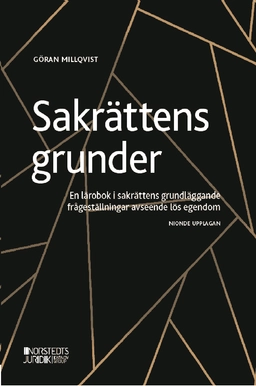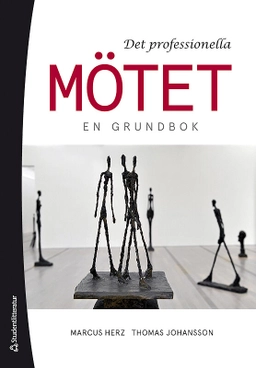Complexity theory has become a major influence in discussions about the theory and practice of education. This book focuses on a question which so far has received relatively little attention in such discussions, which is the question of the politics of complexity. The chapters in this book engage with this question in a range of different ways. Whereas some contributions make a case for the promotion of complexity in education, others focus more explicitly on questions concerning the reduction of complexity in and through education. The chapters do so using theoretical, historical and empirical arguments, paying attention to a range of different educational settings (including early childhood education, school education, post-compulsory education, lifelong learning and work-based education), and focusing on different aspects of these practices (such as curriculum, pedagogy, assessment, architecture, and management). Taken together the chapters not only reveal the potential of complexity for engaging with questions about the politics of education in new and different ways. They also provide examples of a more reflexive engagement with the politics of complexity in education itself. The book will be of interest to scholars in the fields of education studies, curriculum studies, curriculum theory, educational theory, educational policy, and philosophy of education. It should also be of interest to practitioners in more specialised fields such as early childhood education, school education, post-compulsory education, work-based education and lifelong learning.
Åtkomstkoder och digitalt tilläggsmaterial garanteras inte med begagnade böcker
